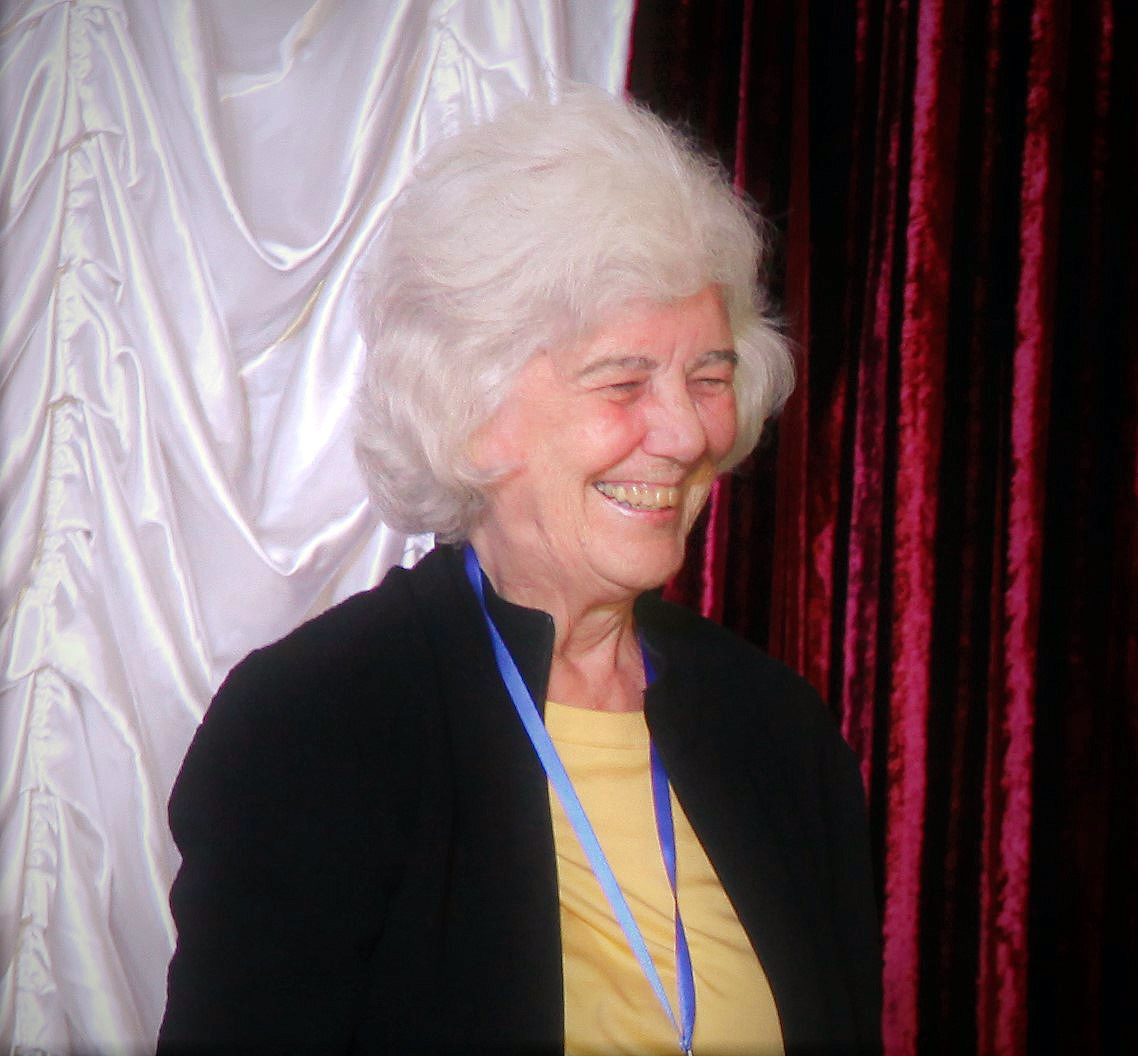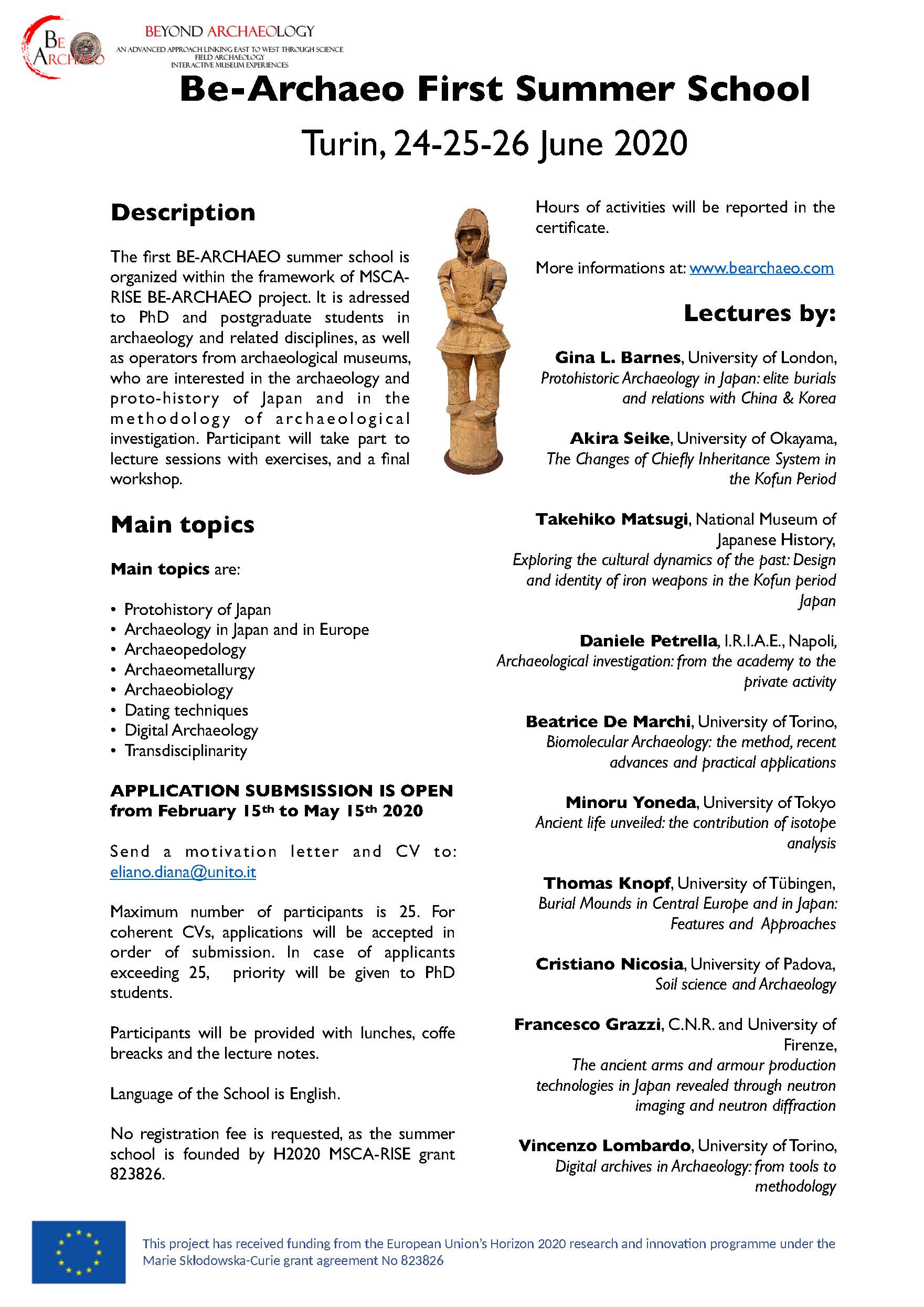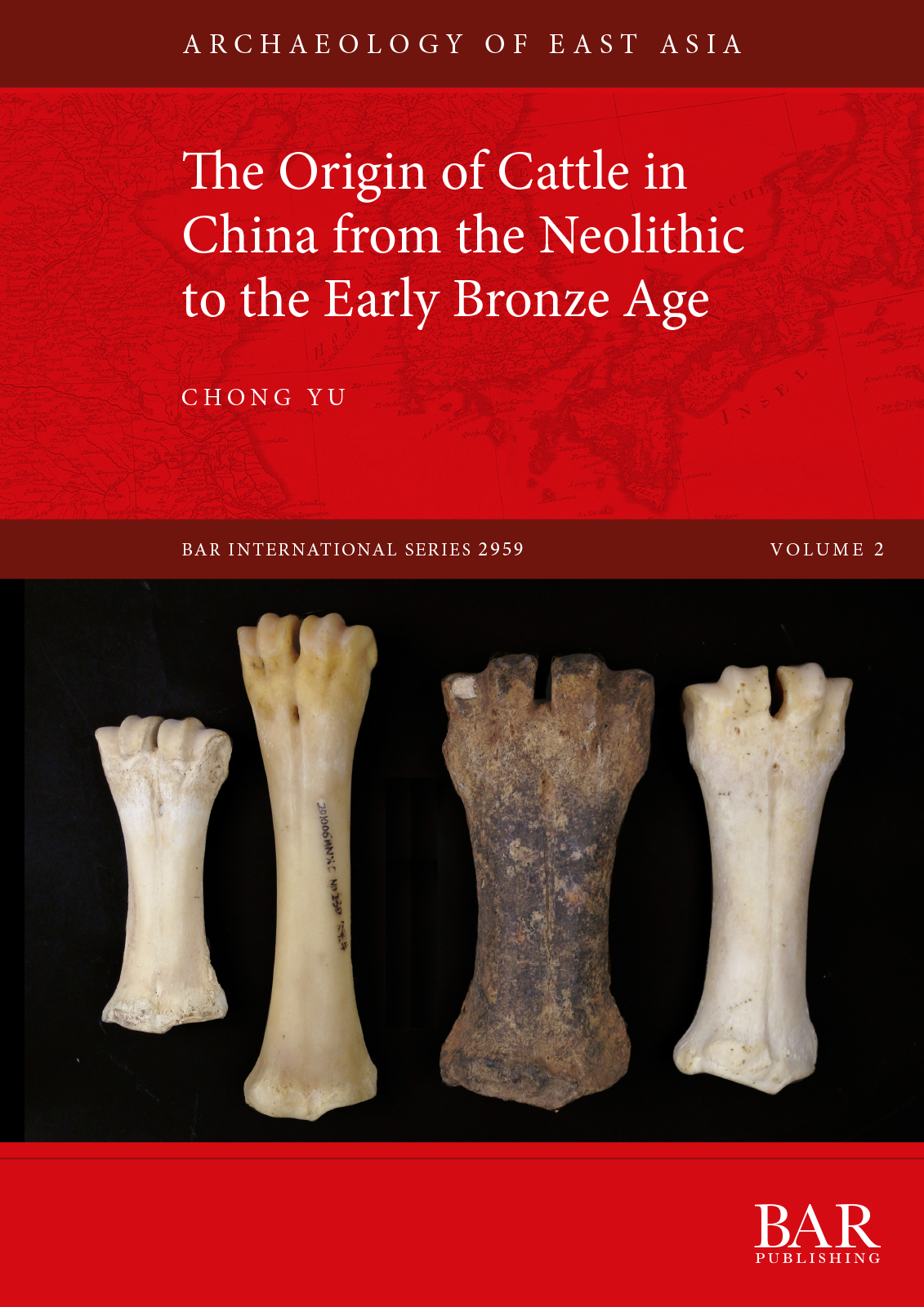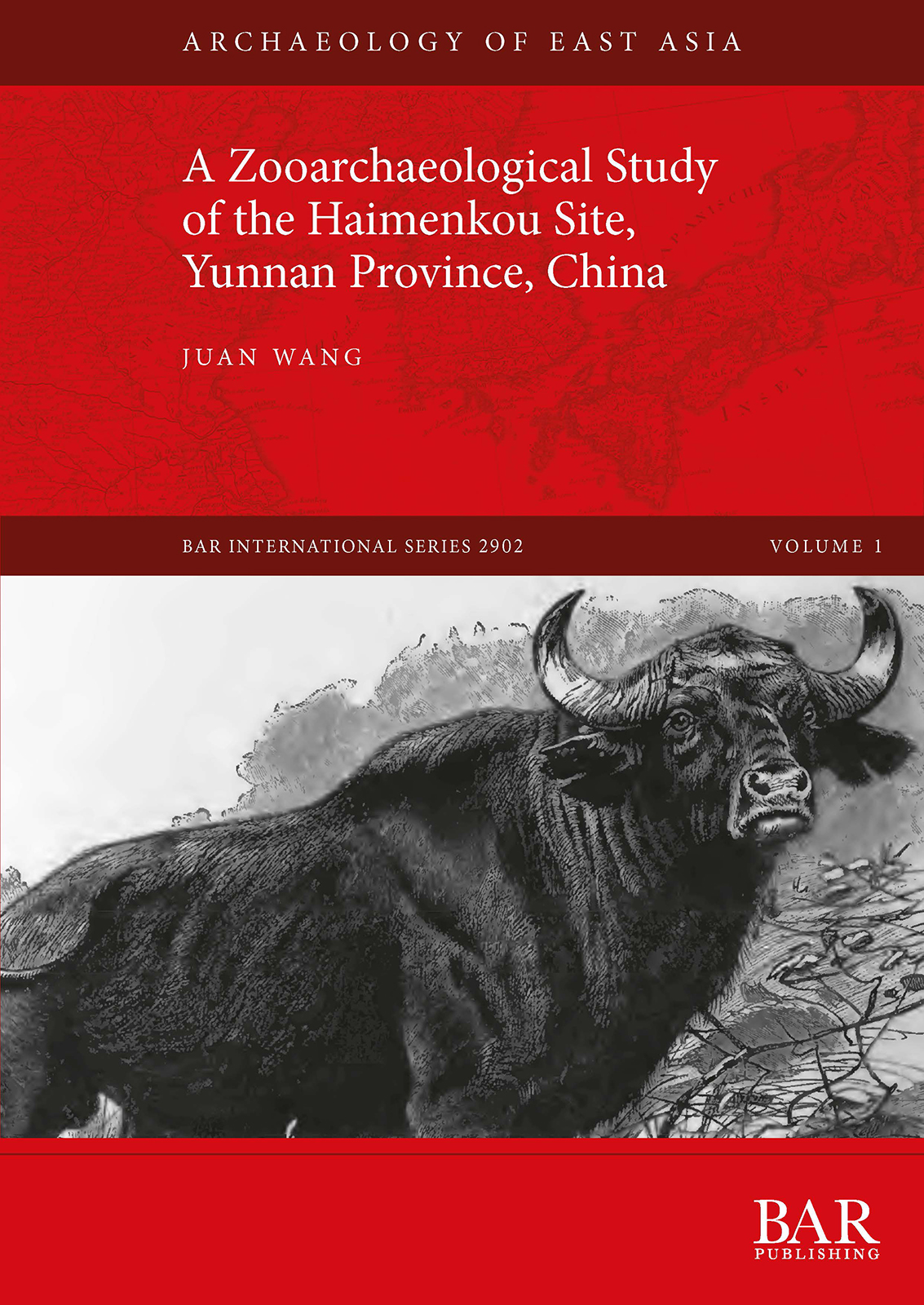Archaeologists of Mongolia or other areas of northern East Asia take note!
Part of the School of Geosciences, the Department of Archaeology at Aberdeen is seeking support to deliver a wide-ranging Archaeology programme through the appointment of a Lecturer in Archaeology appointment. The position will replace Dr. Rick Knecht who has been awarded a prestigious Leverhulme Trust Major Research Fellowship and will be on sabbatical for the duration of the appointment from Autumn 2020 for a period three years.
Applications are welcome from individuals with experience in teaching Archaeology, and who are ideally a specialist in the archaeology of northern regions, in fitting with our departmental ‘Archaeology of the North’ profile. Applications from candidates with an Arctic focus are particularly encouraged, aligning with Dr Knecht’s specialisms. Applications that demonstrate a practical fieldwork and/or lab-based element to their profile would also be desirable. The main responsibilities for the new Lecturer will include developing and delivering high quality undergraduate and postgraduate teaching. Candidates should be experienced at communicating to a variety of different audiences, be able to work as part of a team, and be willing to work collaboratively with colleagues in Archaeology and other disciplines in the School and University.






